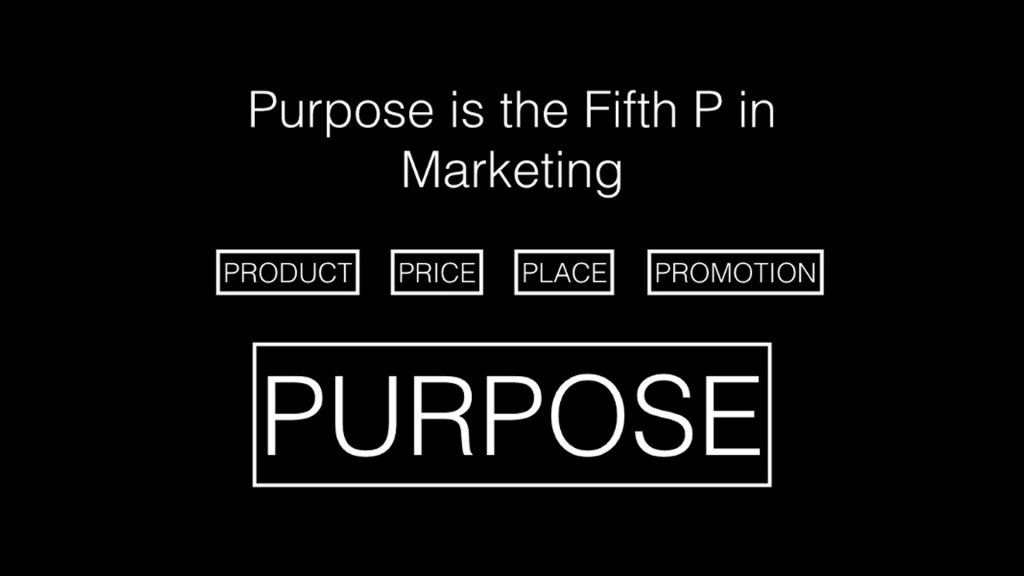

The purpose of purpose
There is now a fifth ‘P’ in the marketing mix.
Everyone knows the 4 P’s of marketing: Price, product, promotion and place. The integration of a purpose pillar to marketing’s traditional model is gaining traction as the critical tool fundamentally changing and evolving the way we do business.
The simplest way it’s been explained to me is: ‘A company’s purpose is their higher order reason to exist than just making a profit’. Here are some examples from leading global brands:
Nike: “To bring inspiration and innovation to every athlete in the world. If you have a body, you are an athlete.”
Google: “To organise the world’s information and make it universally accessible and useful.”
Tesla: “To accelerate the world’s transition to sustainable energy.”
So what’s the purpose of a company’s purpose? Why is it important? And why is everyone talking about it?
In developing enduring consumer loyalty and unwavering trust, it is crucial both company and customers share common values. People need to care about a brand before they want to know about it.
It’s the role of the entire organisation’s identity, how it behaves and what it stands for. An alliance on these attributes lies at the heart of a relationship that will forge close emotional ties with consumers and the foundation of a powerful purpose.
A beautiful example is Dove’s purpose. The company dug deep within its DNA to discover its brand purpose was girls and women, and their real needs.
Driving the intention to support females’ body confidence, Dove launched its acclaimed ‘Real Beauty’ campaign. It was ranked number 1 on Ad Age’s Top 15 campaigns for the 21st century and judging remarks included these from BBYO New York’s Greg Hagn: “Bold, counter-intuitive work for this brand. Shows what can happen when a brand adopts a higher purpose.”
Dove’s prominent purpose-driven marketing has been successful with a multitude of accolades and awards but also achieved a huge sales increase from US$2.5 billion at campaign launch to $4bn a decade later. It was one of the first trail-blazing purpose driven campaigns – and continued with many brand iterations over the years – to open up a global conversation about females’ beauty and self-esteem.
Starting out his career in New York ad agencies, successful author and in-demand motivational speaker, Simon Sinek, captures succinctly the purpose of purpose: “People don’t buy what you do; they buy why you do it. And what you do simply proves what you believe.”
With this perspective, the role of a brand then is to embody cultural meaning that is at the core of a company’s identity (or what they perceive this to be).
For example, Australian football (soccer) stands for ‘unification’, a position that celebrates the rich diversity of football in our country and the power football has to bring people of all backgrounds together under a common passion. First and foremost, football is a brand that has now done the work to clearly articulate its core purpose, discovering what goes beyond their existence and demonstrating it’s more about doing something profound than just enhancing their bottom line.
The purpose of a brand’s purpose is that it’s the central force around which an organisation pivots and is the engine of a business. Remember the brand is the organisation, so it makes sense to clarify its purpose and then build from it. Purpose, together with simplicity and consistency of message, are what make a great brand. Because only strong, inspiring, purpose-driven brands that transcend their products or services have something genuine to offer.